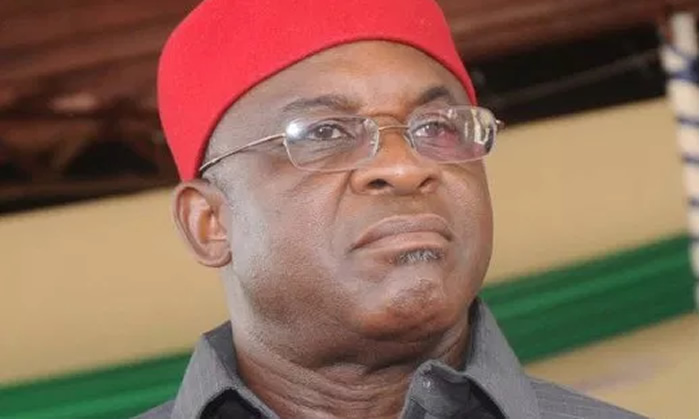As Nigeria celebrates its 64th independence anniversary, former Senate President David Mark has called for a period of deep reflection on the nation’s past. In a goodwill message delivered through his Media Adviser, Paul Mumeh, Mark emphasized the importance of learning from historical missteps as a means to shape a better future for the country. He acknowledged the myriad challenges facing Nigeria, including insecurity, poverty, disease, and underdevelopment, but remained optimistic about the nation’s potential. According to Mark, Nigeria is rich in both human and natural resources, which, if harnessed correctly, could drastically improve the country’s fortunes.
Reflecting on Nigeria’s tumultuous history, Mark recalled significant events such as the 30-month civil war and ongoing ethno-religious conflicts. He attributed many of the nation’s contemporary issues to leadership inadequacies and a failure among citizens to advocate for unity and cooperation. Mark cautioned against divisive rhetoric and actions that tend to deepen societal fractures. He underscored that those who sow discord through exploits of ethnic and religious differences are detrimental to national unity and progress, characterizing them as enemies of the country.
Despite the numerous challenges, Mark noted that Nigeria has made strides in certain areas. He encouraged citizens to find motivation in past achievements and improvements, underscoring that while there is still much work to be done, the progress made over the years should inspire hope and commitment to building a better Nigeria. He advocated for a collective effort aimed at reinforcing national unity, asserting that such collaboration is essential for overcoming the current obstacles that impede the nation’s development.
Mark stressed that political leaders must lead by example, placing the needs and welfare of citizens at the forefront of their policies and programs. He urged that governance should prioritize the enhancement of human capital, which includes investments in education and health, asserting that these are vital to fortifying the nation’s resilience against various challenges. He added that effective leadership should create a conducive environment for economic activities, thereby facilitating job creation and wealth generation across different sectors.
In his address, Mark highlighted the need for substantial investments in businesses and production sectors that can generate income and mitigate capital flight. He pointed out that it is essential for Nigerians to be able to conduct their trade safely and freely throughout the country, without fear of harassment or violence. Mark’s message was a call to action for a communal spirit among citizens, which he believes is necessary for fostering socio-economic development and national cohesion.
In conclusion, as Nigeria strives to improve its condition amidst complex challenges, Mark’s reflections serve as both a critique of the past and a hopeful glance towards the future. His belief in the potential of Nigeria’s resources and the importance of unity presents a pathway for citizens and leaders alike to work collaboratively towards a prosperous nation. As the country marks this anniversary, Mark’s message resonates as an urgent call to harness collective strength and shared purpose, vital for transforming Nigeria into a thriving democracy and economy.


